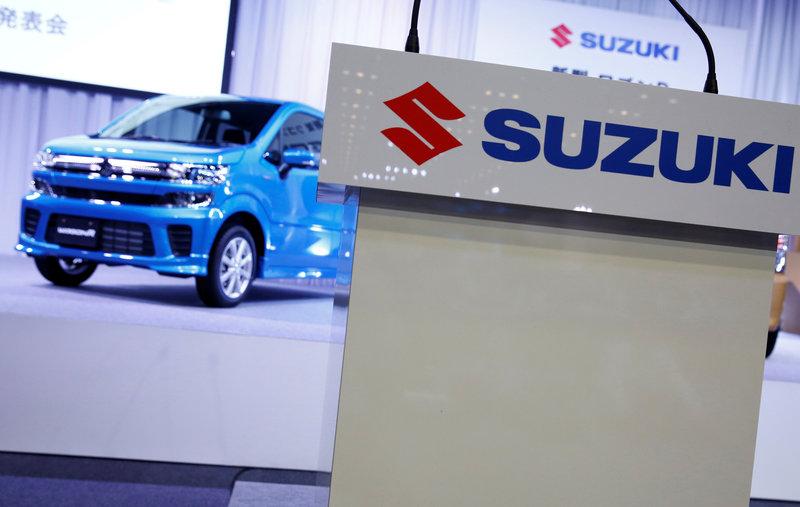
Pak Suzuki Motor Company has reported to the Pakistan Stock Exchange (PSX) that it has stopped booking of vehicles on account of limitations on the issuance of Letters of Credit (LCs) and Document against Payment (DPs).
It may be noted that the State Bank of Pakistan (SBP) had introduced a mechanism for prior approval of imports under HS Code 8703 (including completely knocked down – CKD – units), the company said in its notice to the PSX.
The restrictions have adversely impacted the clearance of import consignments from ports, which may result in shutdown of the company’s plant in the near future. Therefore, Pak Suzuki has stopped booking of its products since July 1, 2022.
“The automaker has halted bookings due to expected non-production days in August 2022,” Pak Suzuki Motor Head of Public Relations Shafiq A Shaikh told The Express Tribune.
The company would like to clarify that as of today there is no plan for plant shutdown; the production schedule of the company and any non-production days remain contingent on a number of external factors, said the bourse filing.
The company is actively monitoring its production and operations and is closely working with the government and the SBP to alleviate the present challenges, a statement issued by the company read.
“In the month of July, Pak Suzuki’s production did not stop as we adjusted our production plan,” Shaikh said. At present, commercial banks are not opening LCs and DP’s for importing automobile CKD parts, he added.
“Unavailability of CKDs and related raw materials may result in plant shutdown in August 2022. If the situation continues, then from August 2022 we will have big problems ahead.”
Resuming the booking depends on normalisation of LC/ DP process, he said. “As a responsible organisation, we are trying to deliver all vehicles which were booked till June 22.”
Automobile assemblers are facing supply constraints due to the SBP’s restriction on opening LCs for import of CKD kits, AL Habib Capital Markets auto analyst Asad Ali said. “This will be extremely detrimental to the auto industry as on one side they are facing cost pressure coupled with rupee devaluation, while on the other will lose the benefit of economies of scale due to decreasing volume.”
The auto industry is adversely affected due to significant currency devaluation and restriction on CKD import by the SBP, said Topline Securities Senior Research Analyst Sunny Kumar. “This eventually leads companies to non-production days.”
Most of the players have stopped booking new orders, he said. Higher car prices and low buying power have also reduced demand. Therefore, “we don’t expect the issue to be resolved in near term.”
“It is macroeconomic issue that is being faced by the country,” Pakistan Association of Automotive Parts and Accessories Manufacturers (Paapam) Chairman Abdul Rehman Aizaz said. Industry was going good; customers were getting choices and were geared up to buy locally manufactured cars. But unfortunately political turmoil ruined the whole industrial sector, especially the capital-intensive auto sector, he said.
“We do not expect speedy recovery, this will take years of patience and pain to recover again,” he told The Express Tribune. “However, the silver lining will be to understand the importance for localisation of parts by the assemblers.” The government should give due importance to import substitution, as given to export promotion, Aizaz said.
Current tariff-based system (TBS), which is being followed for the last 17 years, has failed to promote indigenisation of production and the whole auto industry is now suffering the pain, he said.
Published in The Express Tribune, July 29th, 2022.
Like Business on Facebook, follow @TribuneBiz on Twitter to stay informed and join in the conversation.

1732521023-0/biden-(1)1732521023-0-405x300.webp)
1732520496-0/BeFunky-collage-(86)1732520496-0-165x106.webp)
1732519472-0/lamar-(3)1732519472-0-165x106.webp)
1732519298-0/BeFunky-collage-(85)1732519298-0-165x106.webp)


1732486769-0/image-(8)1732486769-0-270x192.webp)










COMMENTS
Comments are moderated and generally will be posted if they are on-topic and not abusive.
For more information, please see our Comments FAQ